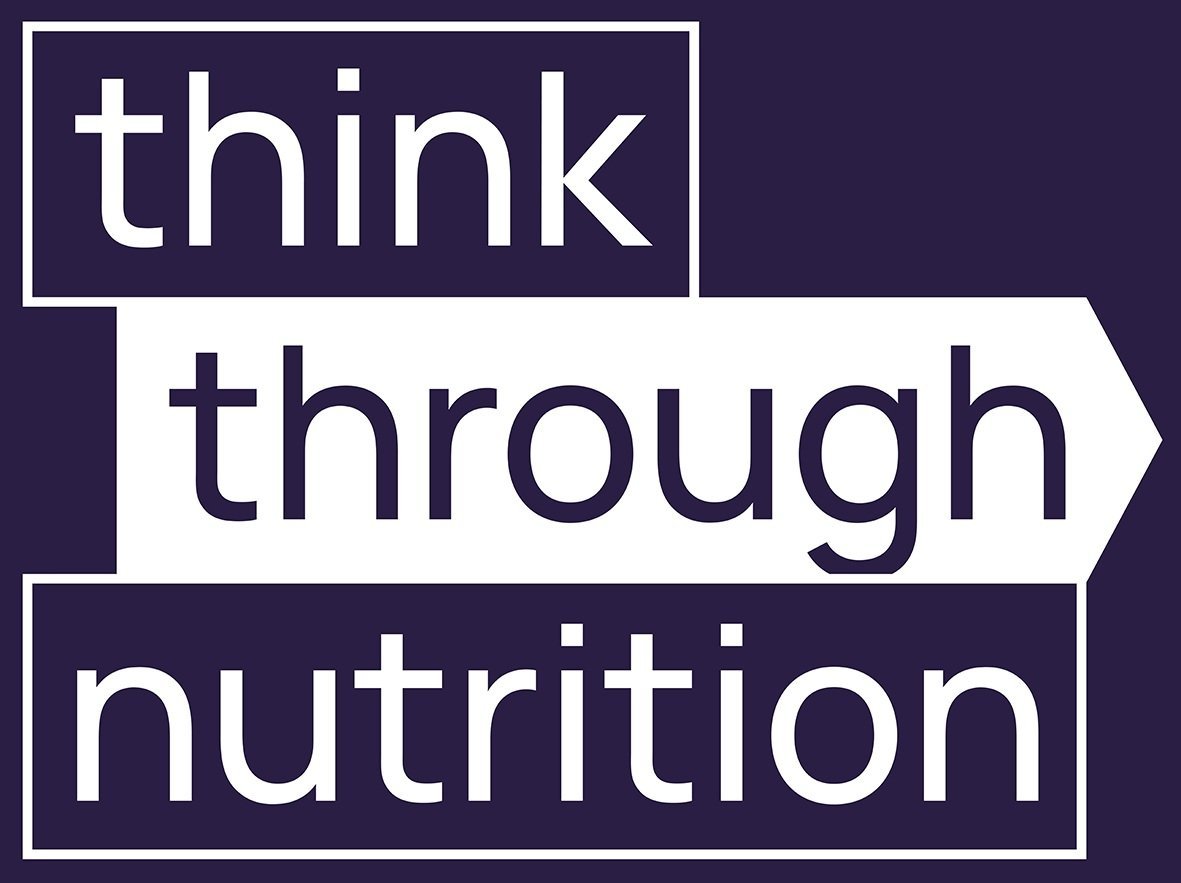HbA1C and brain health across the entire glycaemic spectrum
Publication date
15 January 2021
Authors
Victoria Garfield PhD
Aliki-Eleni Farmaki PhD
Sophie V. Eastwood MRCGP
Rohini Mathur PhD
Christopher T. Rentsch PhD
Krishnan Bhaskaran PhD
Liam Smeeth PhD
Nish Chaturvedi MD
The Publication
Alzheimer’s Disease has been called ‘Type 3 diabetes’ because high blood glucose levels (elevated HbA1c) have been linked with poor cognitive function, altering key structures in the brain, and increasing the risk of dementia. Conversely, low HbA1c has been linked to better health outcomes.
Memory loss is the most commonly documented symptom of hyperglycaemia when it comes to assessing cognitive function, with evidence showing reductions in hippocampus size.
This study assessed the association between 5 different glycaemic states; low Hba1c, normoglycaemia, prediabetes, undiagnosed diabetes, known diabetes, on different brain health outcomes; including AD, cognitive decline, and hippocampal volume.
Results found those with prediabetes and known diabetes had a higher risk of cognitive decline and dementia, with associations between hyperglycaemia and dementia stronger for vascular dementia than all other causes.
Our Response
This study provides more evidence that what we eat directly affects our brain health, and to an extent greater than we may have originally thought. The importance of ensuring our nutrition is neuroprotective is important for the prevention of early cognitive decline.

